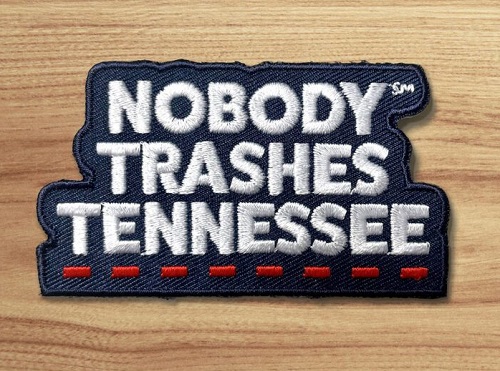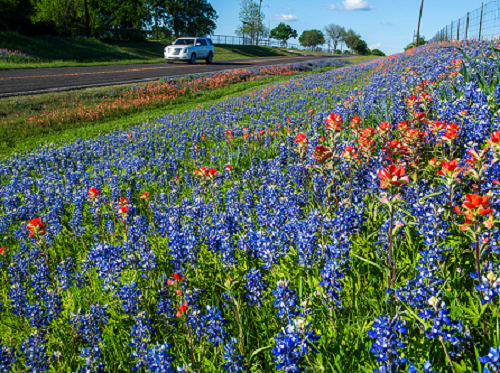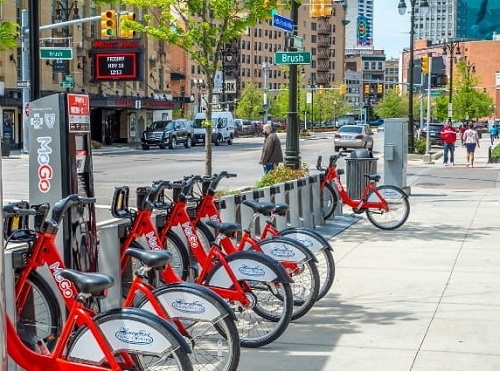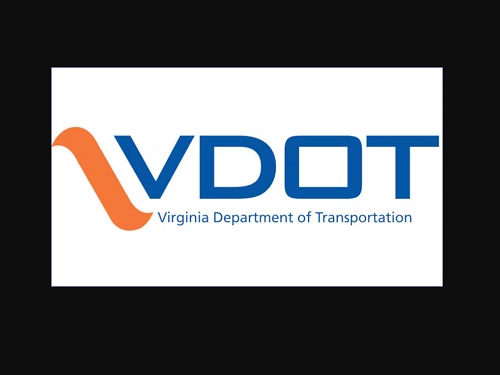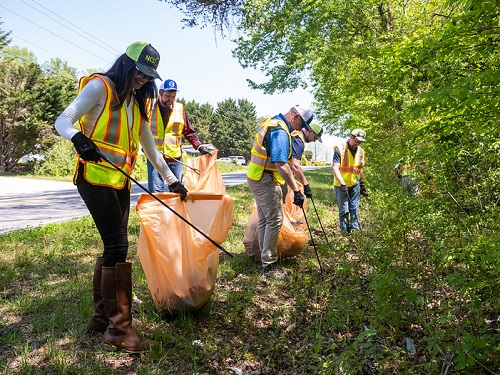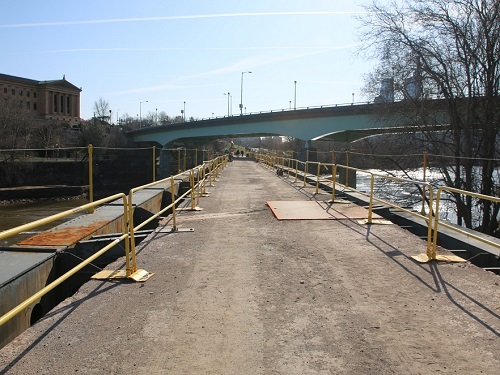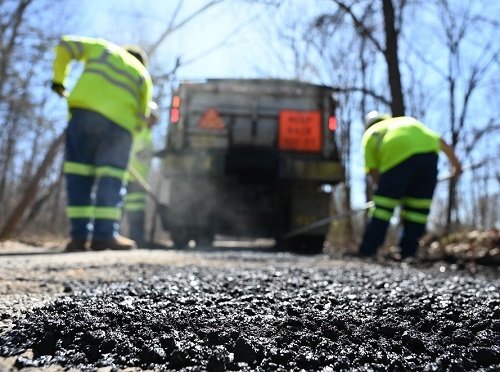The Nobody Trashes Tennessee litter prevention campaign operated by the Tennessee Department of Transportation has expanded its youth group partnerships with the addition of all six Boy Scouts of America councils in Tennessee to the program – allowing scouts the opportunity to earn a Nobody Trashes Tennessee or NTT patch.
[Above photo by the Tennessee DOT]
The Boy Scouts join Tennessee’s three Girl Scout councils, as well as additional youth groups, in offering the NTT patch, the agency noted.
“Boy Scouts are known for their commitment to community and partnering with Nobody Trashes Tennessee underscores their dedication to instilling values of environmental stewardship, civic responsibility, and leadership in young people,” said Brittany Morris of Tennessee DOT’s Beautification Office in a statement. “We are thrilled to have participation from all six councils representing the state.”
Boy Scouts of all ages have multiple ways to earn the patch by completing Nobody Trashes Tennessee educational worksheets and participating in litter cleanups in their community, coordinating their own cleanup in their neighborhood or school grounds, or through existing beautification and service projects.
For Boy Scouts ages 12 and older, the agency said its Adopt-A-Highway program is an opportunity to earn both a patch and a roadway recognition panel for committing to quarterly pickups. Patches are provided by Nobody Trashes Tennessee at no cost to the councils or individual scouts.
“Community service is woven into the fabric of our program,” added Casey Norwood, CEO and Scout executive of the Boy Scouts of America’s Chickasaw Council. “I believe the goals of the Nobody Trashes Tennessee campaign align well with our Scouts giving back to the communities in which we all love and live.”
State departments of transportation across the country are involved in a variety of litter cleanup and removal efforts.
For example, the North Carolina Department of Transportation is gearing up for its annual “Spring Litter Sweep” event, to be held April 13-27 statewide.
The Spring Litter Sweep – one of NCDOT’s many roadside litter removal initiatives – engages local communities to tackle the issue of roadside litter. During the two-week period, residents are encouraged to participate in local efforts to help clean up North Carolina’s roadsides.
In addition to volunteers, NCDOT maintenance crews devote one week of their time picking up litter and collecting trash bags that are filled by volunteers, the agency noted.
The Mississippi Department of Transportation launched a new anti-litter webpage as part of a renewed statewide anti-littering campaign that kicked off in August 2023 – a “one-stop hub” that contains information about the state’s Adopt-a-Highway program, Mississippi litter statistics and resources, stormwater pollution information, anti-litter resources for school teachers, and much more.
On another front, to make roadway debris removal operations faster and safer, the South Carolina Department of Transportation started installing “lane blades” on select highway incident response vehicles in 2023.
And in April 2023, the Illinois Department of Transportation launched a new public outreach effort called “Think Before You Throw!” as part of its ongoing awareness campaign to reduce littering on state highways and roads.
That “Think Before You Throw!” initiative aims to reduce roadside litter along the state’s more than 150,000 miles of roads by raising awareness of the negative environment impact of trash, for both state residents and the nearly 100 million tourists who visit annually, the agency said.

